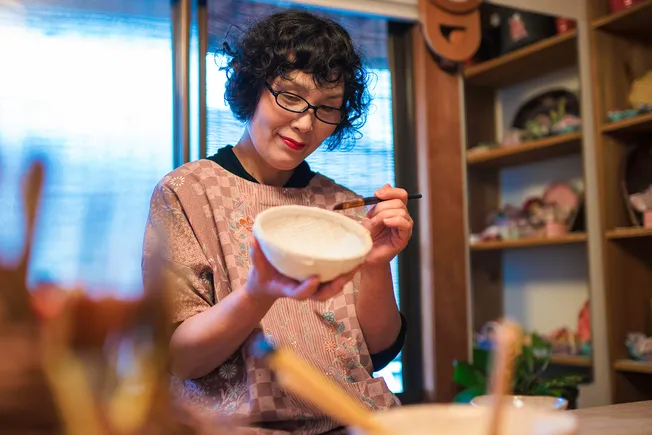Agitation and Alzheimer’s Disease: A Form of Communication
Agitation can be distressing for individuals with Alzheimer’s disease, but it is important to remember that this behavior is part of the disease and a way for them to communicate. Minor events can trigger agitation, such as discomfort, confusion, boredom, anxiety, or basic needs like hunger, thirst, or using the bathroom. As communication becomes more difficult for individuals with dementia, they may exhibit unexpected behaviors. Thinking outside the box may help ease the tension.
The Power of Creativity in Alleviating Agitation
Despite the loss of thinking, memory, and communication skills caused by Alzheimer’s disease, creativity, imagination, and emotions often remain strong throughout the middle and late stages of the disease. Engaging individuals with dementia in activities like art, music, or other favorite hobbies can bring several potential benefits, including reducing anxiety, agitation, and aggression, keeping the brain engaged, fostering social interaction, and reducing feelings of isolation.
Using Music to Make a Difference
Tina Baxter, a nurse practitioner, shares the powerful impact of music therapy on Alzheimer’s patients. She recalls her father’s experience with memory loss and dementia, where attending a musical theater production triggered vivid memories and brought him back to his old self. Music therapy cannot reverse brain function loss, but it can maximize the remaining capabilities. Music is processed throughout the brain, awakening dormant pathways and decreasing agitation and other symptoms of Alzheimer’s disease. Dancing to music can even facilitate physical exams by keeping patients engaged.
Art as a Language
When individuals with Alzheimer’s lose their ability to express themselves verbally, art can provide an alternative form of communication. The fading of left-brain language skills often leads to enhanced right-sided visual creativity. Even restless and irritable patients may find peace and stillness when given a paintbrush. Painting and other creative activities have been shown to improve spatial awareness, brain function, and overall satisfaction in individuals with Alzheimer’s.
Tips for Incorporating Creativity at Home
If your loved one enjoys music:
- Play songs from their youth to evoke happy memories. Ask them or their friends about their favorite songs from their teens or 20s.
- Observe their reaction to the music. Encourage clapping or dancing if they enjoy it, and find new selections if they seem agitated.
- Select soothing music to play during moments of anxiety or agitation. Distraction through music can help calm them down.
If your loved one is artistically inclined:
- Provide them with nontoxic paints and other supplies for painting or sculpting.
- Focus on praising the process rather than the final project. Compliment the colors or the effort they put into it.
- Use their artwork as a conversation starter. Ask about the subject of their painting and encourage them to share related memories or stories.
Keys to Creative Success
Find activities that align with your loved one’s interests and past experiences. For example, if they enjoyed gardening, horticulture therapy might be particularly beneficial in reducing agitation. Meeting individuals with Alzheimer’s where they are and providing them with meaningful activities can make a significant difference in their well-being.
Using Music to Preserve Memories
Music played a significant role in creating a sense of peace and happiness for Tina Baxter’s father in his last days. As he was in hospice care, music brought him comfort, and a volunteer singing to him witnessed the peaceful smile on his face when he passed away.

